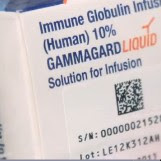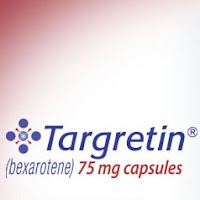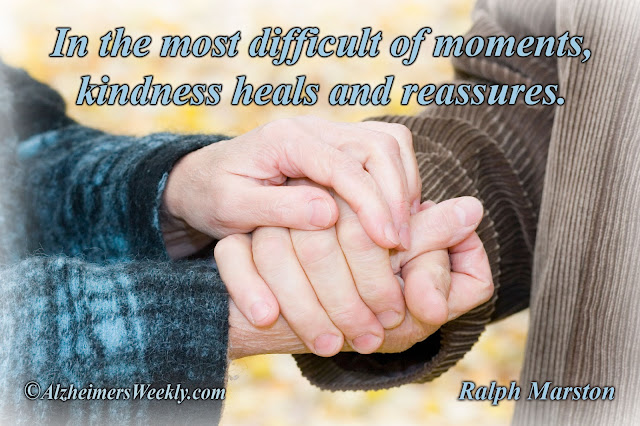
When IVIG Improves Alzheimer’s, Does It Do Enough to Matter?
VIDEO + ARTICLE IVIG is an FDA-Approved medication. It has been prescribed off-label for Alzheimer’s. Despite recent failures in clinical trials, pharmaceutical companies and academic

VIDEO + ARTICLE IVIG is an FDA-Approved medication. It has been prescribed off-label for Alzheimer’s. Despite recent failures in clinical trials, pharmaceutical companies and academic

RADIO & ARTICLE Hear Ronald Peterson, head of the U.S. government’s National Alzheimer’s Project Act, explore the results of 4 new studies on bexarotene (Brand

Targacept is taking a confident approach in its latest clinical trial. Rather than pitting their new Alzheimer’s drug against a placebo, they are putting it

VIDEO & ARTICLE Bexarotene is an FDA-approved anti-cancer drug available under the brand name Targretin®. It clears Alzheimer’s biomarkers in mice like a charm. See

50,000 volunteers (with and without Alzheimer’s) are needed to participate in hundreds of clinical trials. People with Alzheimer’s, their families, and those who serve them

In 2012, Envivo’s experimental Alzheimer’s drugs improved cognitive function as the company won a Fierce BioTech Award. Learn about and participate in their newest Phase-2

Merck announced it is enrolling volunteers for the EPOCH clinical trial. Read details on their highly promising MK-8931 treatment for mild-to-moderate Alzheimer’s disease. Find out

VIDEO & ARTICLE Solanezumab slowed Alzheimer’s by 30% in a trial earlier this year. Find out what it’s maker, Ely Lilly, plans for the next step.

VIDEO & ARTICLE In trials, the most effective Alzheimer’s treatment so far is IVIG. At $50,000 per year, learn how scientists hope to bring down

VIDEO Watch this Wall Street Journal interview on why Dr. Wischik sees tau as a more worthwhile anti-Alzheimer’s target than plaque. Learn more about TauRx’

Plaques are the best-known Alzheimer’s culprit. Cambridge scientists have figured out the 7 steps to forming these plaques. Find out how targeting the formation of these “oligomers” may hold the key to a cure.

UCLA researchers found active people build 5% more gray matter in their brain. See how this prevents Alzheimer’s.

WellnessCheck is a brief, friendly assessment, designed to help you understand your current cognitive wellness. It takes about 3 minutes and covers memory, mood, and focus.

Hospital stays with dementia should focus on elder safety. See a special ER for seniors, equipped with brilliant features that speed comfort and care to this population.

A deep promise to be there for an Alzheimer’s parent, this heartwarming song was written as a tribute to families facing dementia.

Too much sleep and too little sleep can contribute to cognitive decline, researchers report. Learn more.

People with dementia who were consistently seen by the same General Practitioner (GP) are given fewer medicines and are less likely to be given medicines that can cause problems, according to researchers at University of Exeter. Learn more.
No spam, only news and updates.


